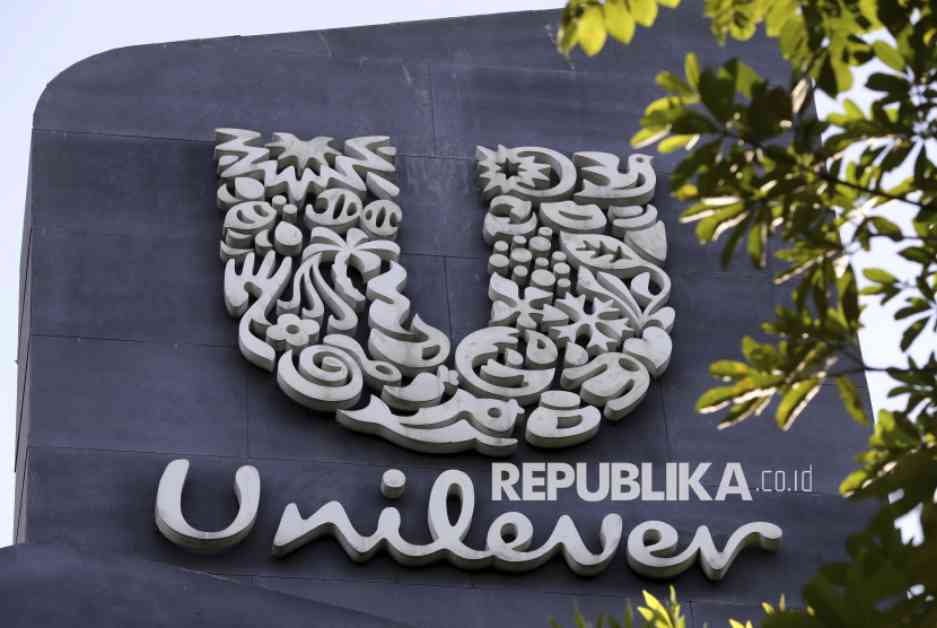Unilever Products Losing Market Share to Cheaper Local Brands
Unilever, a global consumer goods company, is facing tough competition from smaller, cheaper local brands in Indonesia. The company’s market share has been declining due to a boycott against Unilever and other multinational companies operating in Israel, exacerbating the situation.
Struggling Market Share
Unilever, known for brands like Axe deodorant, Cornetto ice cream, and Royco seasoning powder, has been struggling to retain its market share for almost a decade. Despite having popular brands, Unilever has faced challenges as consumers switch to cheaper local alternatives.
According to research firm Kantar, Unilever’s brands like Royco, Lifebuoy, and Sunlight were among the top 10 consumer brands in Indonesia in 2020. However, during the COVID-19 pandemic, Unilever had to raise prices significantly to offset rising costs. By 2023, only Royco remained in the top 10, with local detergent manufacturers like SoKlin and Roma’s Mayora Indah entering the market.
Unilever is also facing competition from local halal beauty companies like Wardah, Aice ice cream, and new international players like Skintific from China. The rise of online shopping has made it easier for consumers to compare prices, with local brands offering products at a much lower cost than Unilever’s.
Impact of Changing Consumer Behavior
The changing patterns in Indonesian society have posed challenges for Unilever in setting prices. Recent data shows a shrinking middle class in Indonesia between 2019-2024 due to layoffs and reduced job opportunities. This has led to an increased demand for cheaper food products, according to local retailers.
Unilever is focusing on maintaining consistent pricing, placing products in more accessible stores, and improving inventory management and distribution through online channels. The company is adapting to the evolving market dynamics to stay competitive in the face of growing local competition.
In conclusion, Unilever’s struggle against cheaper local brands in Indonesia reflects a larger trend of consumers prioritizing affordability and value. As the market continues to evolve, Unilever is working to adapt its strategies to meet changing consumer demands and remain a key player in the competitive consumer goods industry.
Source: Reuters














